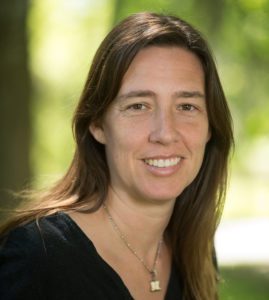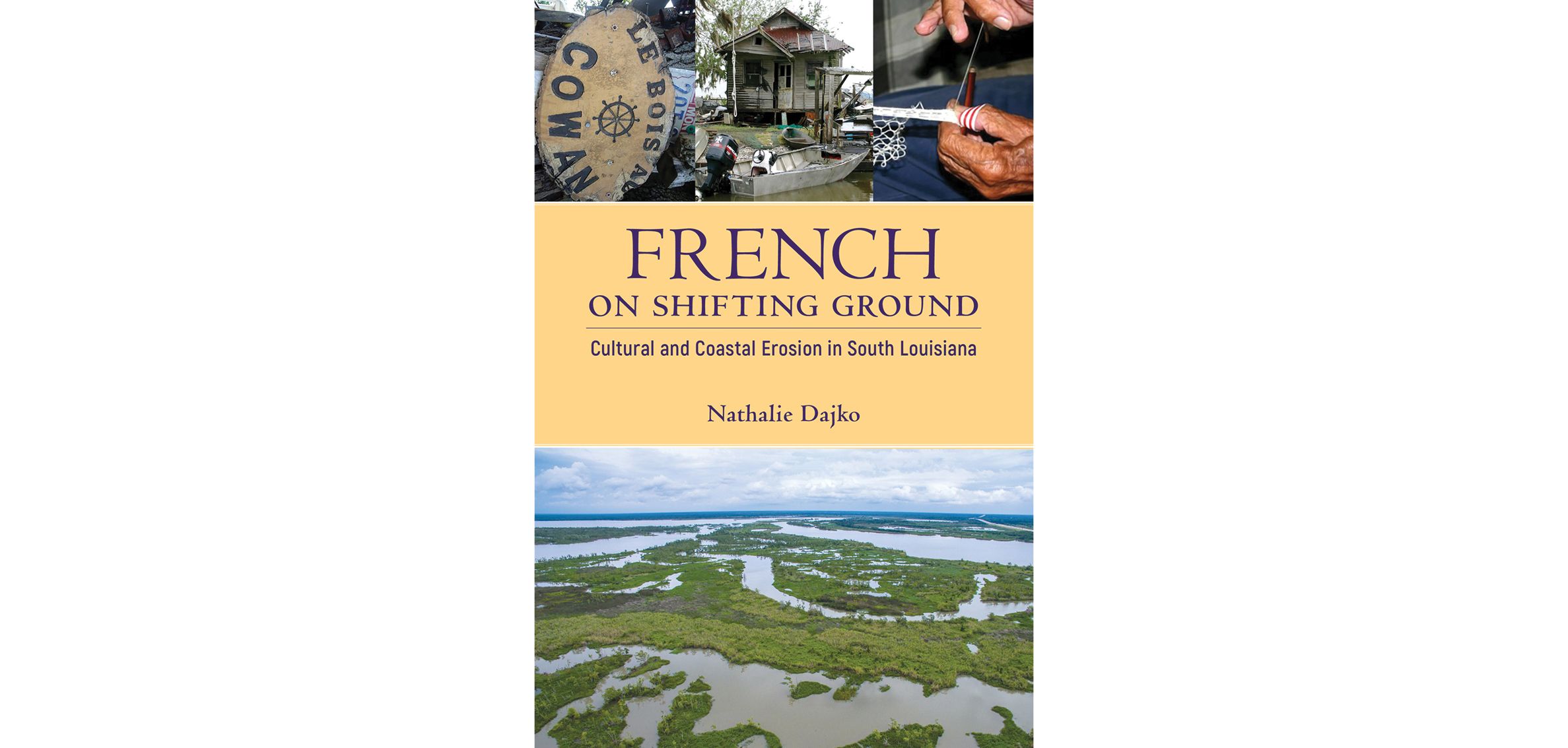Off the page: ‘French on Shifting Ground’

For 300 years, the French language has made a home in Louisiana, borne from the mouths of European explorers and retained for generations as the mother tongue of the Gulf-hugging parishes, where fishers from Lafourche and trawlers from Terrebonne talk business and pleasure in the vocabulary of kings. It was this unique cultural history that brought Nathalie Dajko, associate professor of anthropology at Tulane University, to the watery landscapes for her doctorate dissertation, culling like sunken treasure the dialogues and ways of life belonging to these remote hamlets of our home state. But it was her timing—being a person in the quickly changing 21st century—that demonstrated the dire need for contemporary explorers with their recording devices and cameras; in the 20 years between 1990 and 2010, French speakers in Louisiana had already declined by 50%, a regional loss exacerbated by the alarming rate of coastal erosion laying waste to the francophone homelands, which will one day all but disappear beneath the marsh.
In French on Shifting Ground: Cultural and Coastal Erosion in South Louisiana (University Press of Mississippi), Dajko, a French-speaker herself, examines the cultures and landscapes at stake via ethnographies steeped in linguistics, interviewing residents of the aforementioned parishes on all aspects of life, from matters of dialect to environmental displacement, tracing the ways language contributes to a sense of place. Beginning with a history of the region’s early settlement, Dajko lays a groundwork of rich inheritance and weaves through it the ironies that challenge it, including the fact that some of the industries associated with these francophone groups—like cutting canals for the oil industry—are actually contributing to land loss, and thus leaving communal longevity on shaky ground. This is a region where indigenous identity is part and parcel with bayou identity, but where Parisian French is seen differently from Louisiana French, and where a specifically pronounced vowel could reveal your obvious Terrebonnean roots. All are welcome in the bayou, but all are marked by such individual distinction that even a minor change—a minor loss—can become monumental.
“The stories told here are akin to the myths of place-making,” says Dajko, who has posted some of her filmed interviews for public viewing at tulane.edu/~ndajko. As her records show, if we don’t take care to respect and record the strange lands of south Louisiana—and thereby the cultures that linger there—then our Bayou State stands to lose something far more valuable than miles of coastline.












